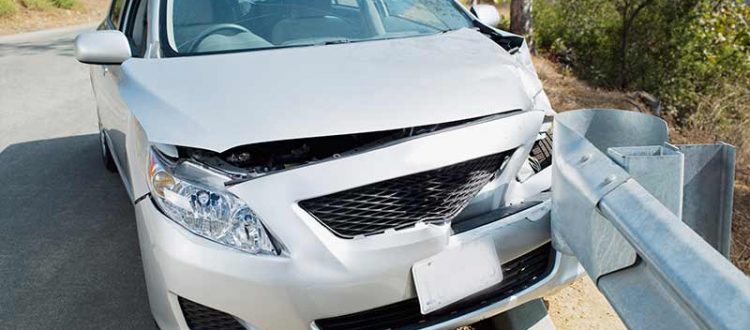Don’t Let an Out-of-State Accident Give You the Back-to-School Blues
If you are in school or getting ready to go to school out of state, you need to be prepared in case you’re ever injured in a car accident.
When an auto accident occurs between two drivers from two different states, questions can quickly arise as to how coverage will work or which state’s laws will apply. If it is the other driver’s fault, how will you receive compensation for their injuries? If you have to sue, the answers can get a little tricky.
Who has Jurisdiction?
If you have to sue in order to recover the compensation you are due, the first thing that you will have to figure out is who has jurisdiction or authority over the case. As a rule of thumb, always remember that you can file in the county and state that the accident occurred in. No matter where each of the drivers is from, that county or state can assume jurisdiction because it’s where the accident occurred.
There are times, however, that you may be able to sue in your home state if you’re able to show that the plaintiff (the person you are suing) has minimum contacts with the state. In other words, you would have to be able to show that the person you are suing has some type of connection with the state that you live in. This could include a person who works, goes to school in, or visits your state annually on vacation.
What Difference Does Jurisdiction Make?
Not only will your choice of jurisdiction possibly save you time and money in travel, but will also determine the laws that apply to your case. Although many of the state’s laws are similar, there are differences that could have a tremendous impact on the outcome of your case.
Each state also has different statute of limitations, or the time frame allowed in which you will be able to file your lawsuit. For example, you may only have one year to file a personal injury lawsuit in the state of Louisiana, two years to file in Georgia and four years to file in Florida, but you would have up to five years in Missouri.
If you’re under the age of 18 at the time of the accident, the statute of limitations may be different because, in many states, the statute of limitations doesn’t begin to run until you turn 18. For example, if you are 16 when you have an accident in Georgia — a state that has a two-year statute of limitations — you will, in reality, have four years in order to file your lawsuit.
What Do You Need to Do?
If you have an accident out of state, there are calls you will need to make. After you leave the scene of the accident, the first thing you need to do is to contact your parents and let them know. Although you may be tempted to keep your accident a secret, you may ultimately need their help.
You will also want to contact your insurance company. Although you’re not at fault, you will need to file a report with them to let them know that the accident has occurred. If the person who is responsible does not have enough insurance to cover your costs, you may end up having to collect from your uninsured or under-insured coverage.
You then need to immediately contact the Law Offices of Friedman Rodman & Frank. They will walk you through exactly what you need to do in order to handle your case. Follow the advice they give you and everything will work out in your favor.

